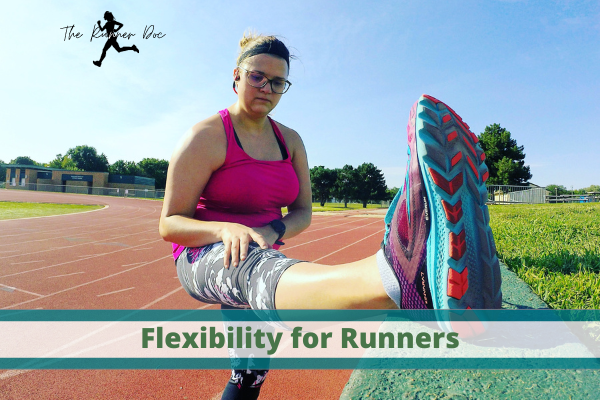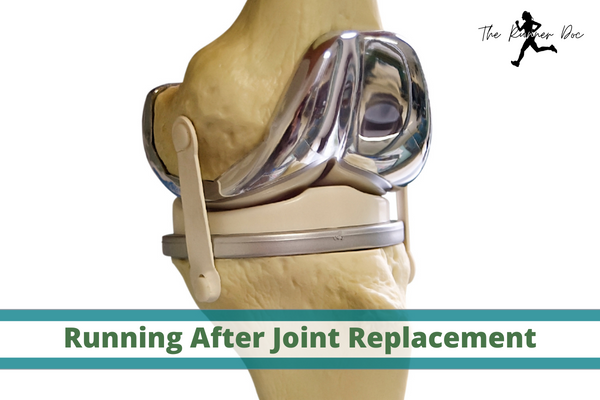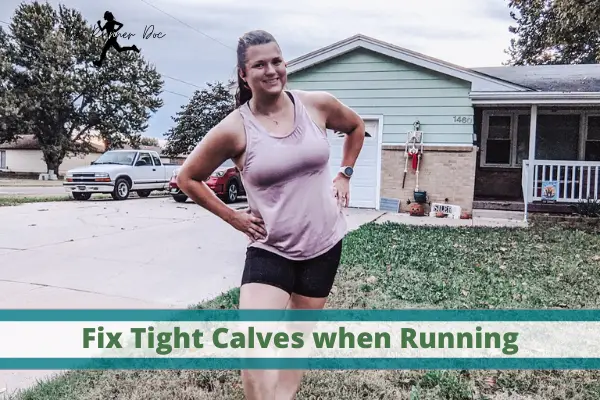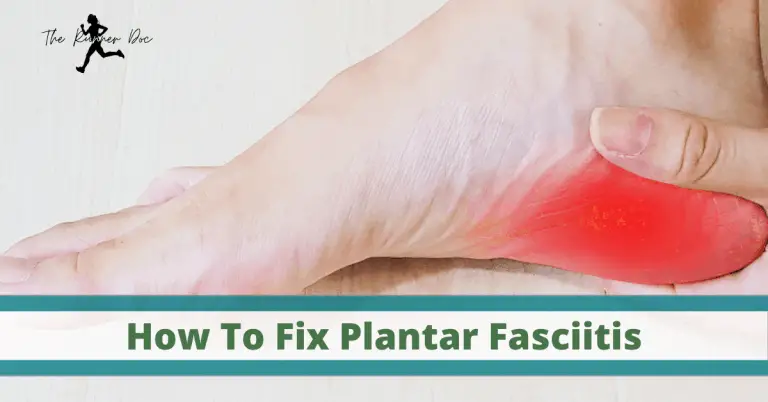Running and Arthritis – Does it Destroy Your Knees?
“You really shouldn’t run. Didn’t you know that running causes arthritis!”
Who here has ever been told that? It is something that I have had patients that come to see me tell me! Regularly!!
It completely boggles my mind that as a society we have developed this fear of running. Something that our bodies were actually made to do.
No it doesn’t destroy your knees and you can run if you have arthritis. In fact, running doesn’t cause arthritis.
Shocker, I know.
Why Do People Think Running Causes Arthritis?
Honestly, I’m not 100% sure where this thought process comes from. I’m going to guess that over the years with orthopedic surgeons and others in the medical field talking about stress on your joints.
Most people imagine someone out running and the “pounding” that happens at our joints and just immediately think it is breaking down the joints.
In the past research has been done to show the stress and ground reaction forces that go through our joints when running and that it is more than when walking. This research went on to have people conclude that running therefore causes arthritis. This thought process happened before actual research was done to see if it was true.
Over time, this premature conclusion correlating arthritis to running became the norm. Luckily, research has now been done to prove this wrong.
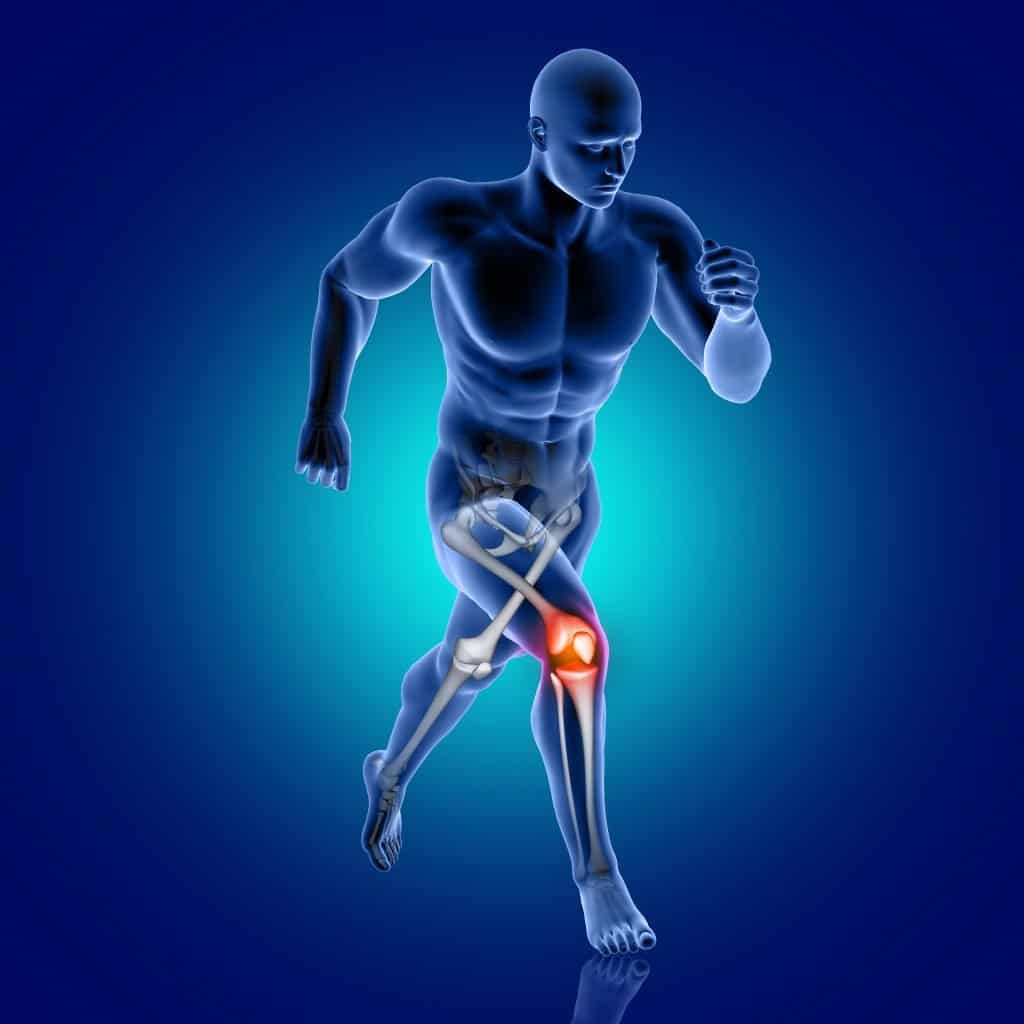
How Does Running Help Arthritis?
People are surprised when I tell them that running doesn’t cause arthritis. They are dumbfounded when I tell them that it can actually prevent and/or help arthritis.
Wait, it can prevent arthritis?
Research has actually shown that a more sedentary lifestyle is more causative of knee osteoarthritis when compared to recreational runners.
Also, a recent study showed that running did not increase symptoms of those with osteoarthritis in their knees. On top of that, the research showed no change in x-ray findings of arthritis signs after 4 years.
Another study looked at 84 middle aged volunteers. After training for and running a marathon the MRI showed a decrease in some of the damage of the knee joint caused by osteoarthritis and no increase in symptoms.
Remember too that osteoarthritis is part of the aging process. How well our joints age are affected by our genetics, diet, and previous injuries that we may have sustained in the past.
Can You Start Running if You Already Have Arthritis?
Absolutely.
But there are some precautions to take.
Also remember that just because research shows you can run with arthritis without causing more damage, it isn’t necessarily true for everyone. Every BODY is different!
1. Start Slow
Just like if you don’t have arthritis you need to start slow and give your body time to adjust to a new stress on it. And exercise/running is stress. Not a bad stress but stress nonetheless.
When you add in arthritis you will have to give your joints even more time and leeway to get used to this new activity.
Starting with a run-walk program is going to be your best bet. My favorite go-to resource for anything run-walk is Jeff Galloway. The man is a beast and has been running for decades.
2. Take Your Baseline
When you are dealing with pain you need to have a good understanding of what your baseline normal is to see how your body is responding to something new. Many with arthritis will report daily pain so not running through knee pain seems like it isn’t an option.
Therefore, take note of your knee pain at your normal and keep track of how it is changing with running. If it is increasing, stop running and rest for a day or two and then start up again. Keep a journal to see how things change over time and how you are progressing!
3. Strength Train
Whether you want to run or not, strength training becomes even more important as we age. It will not only help support your joints but will also help prevent osteoporosis and keep your bones strong!
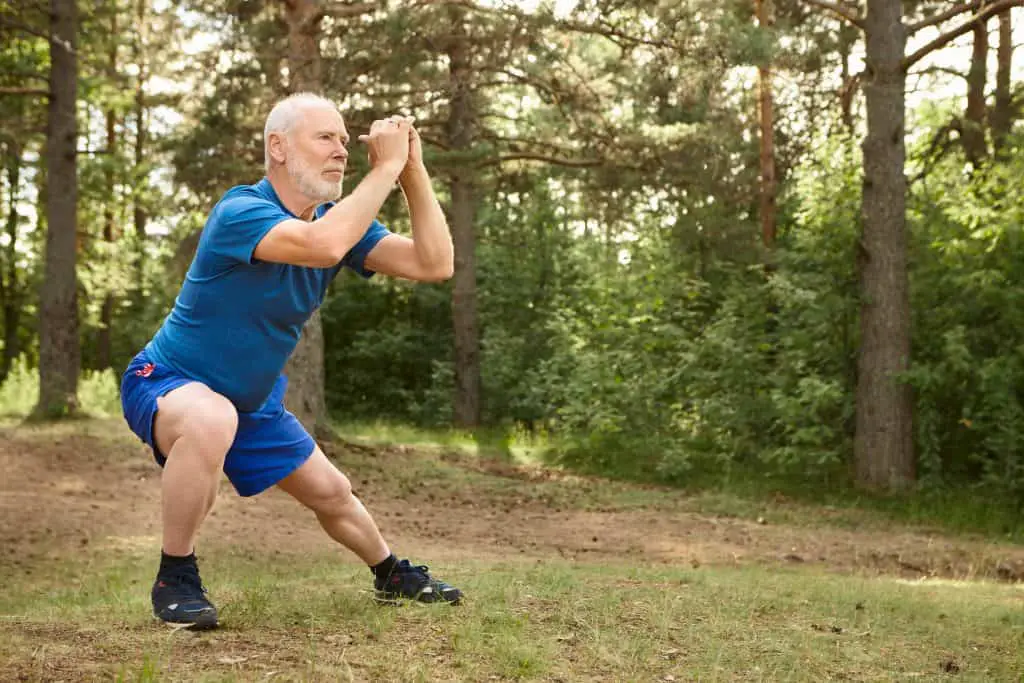
Strength training is key for running with arthritis!
4. Warm-Up Properly
While a warm-up is important for all runners to have a better run and prevent injury, it is even more critical for those with arthritis.
Why?
Because this will help prime your joints for running. It will start getting the fluids moving and lubricated to support you on your run.
My favorite dynamic warm-up for runners is perfect for runners of all ages too!
5. Recover. Then Recover Some More
I hope you are noticing a trend here. Basically everything that you should do as a younger runner without osteoarthritis becomes even more important as we get older and our bodies show signs of aging.
If you are the type to get frustrated with recovery then as we get older you will become even more frustrated. Embrace recovery when you are young and it takes less time.
As we get older our bodies naturally require more time to recover from the physical demands of running. This is where your journal will come in handy with seeing how your body responds to different recovery time frames. Some may need 3 days to recover and others just 2.
6. Listen to YOUR Body
Learn to ignore what others say and listen to what YOUR body is telling you. Don’t put the pressure on yourself to hit a certain number of miles or volumes with your running. If your body is telling you to rest then that is exactly what you should do. Same goes for if you feel like you are ready for another run or another mile!
As humans we tend to lose touch with what our bodies are telling us and there is no time like the present to start paying attention again!
What questions do you have about running with arthritis?
Do you currently have an osteoarthritis diagnosis and still run?
Keep Running
AFFILIATE DISCLOSURE
As an Amazon Associate, I earn from qualifying purchases. This post may contain affiliate links. If you use these links to buy something we may earn a commission. The Site may contain links to affiliate websites, and we receive an affiliate commission for any purchases made by you on the affiliate website using such links.
Resources
Photo credit Woman photo created by jcomp – www.freepik.com
https://www.jospt.org/doi/full/10.2519/jospt.2017.7137
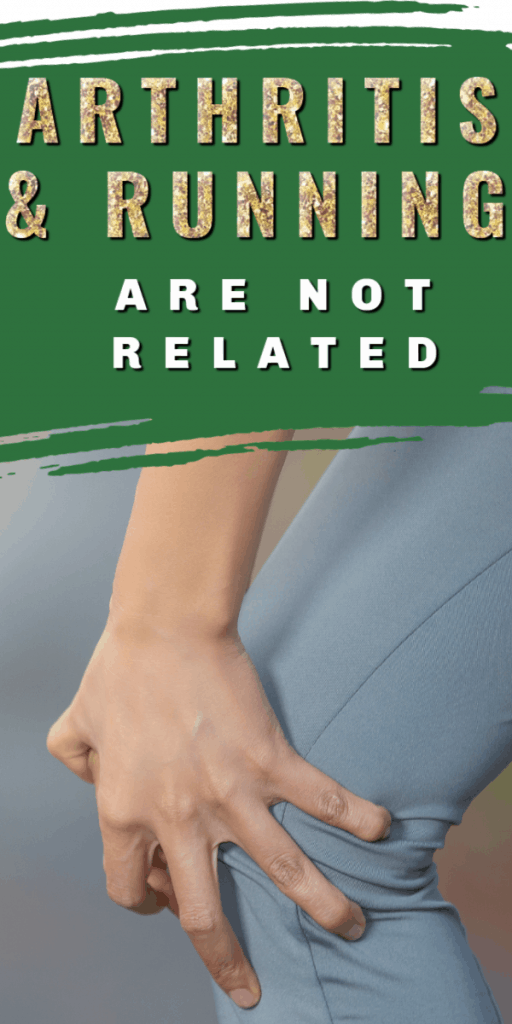
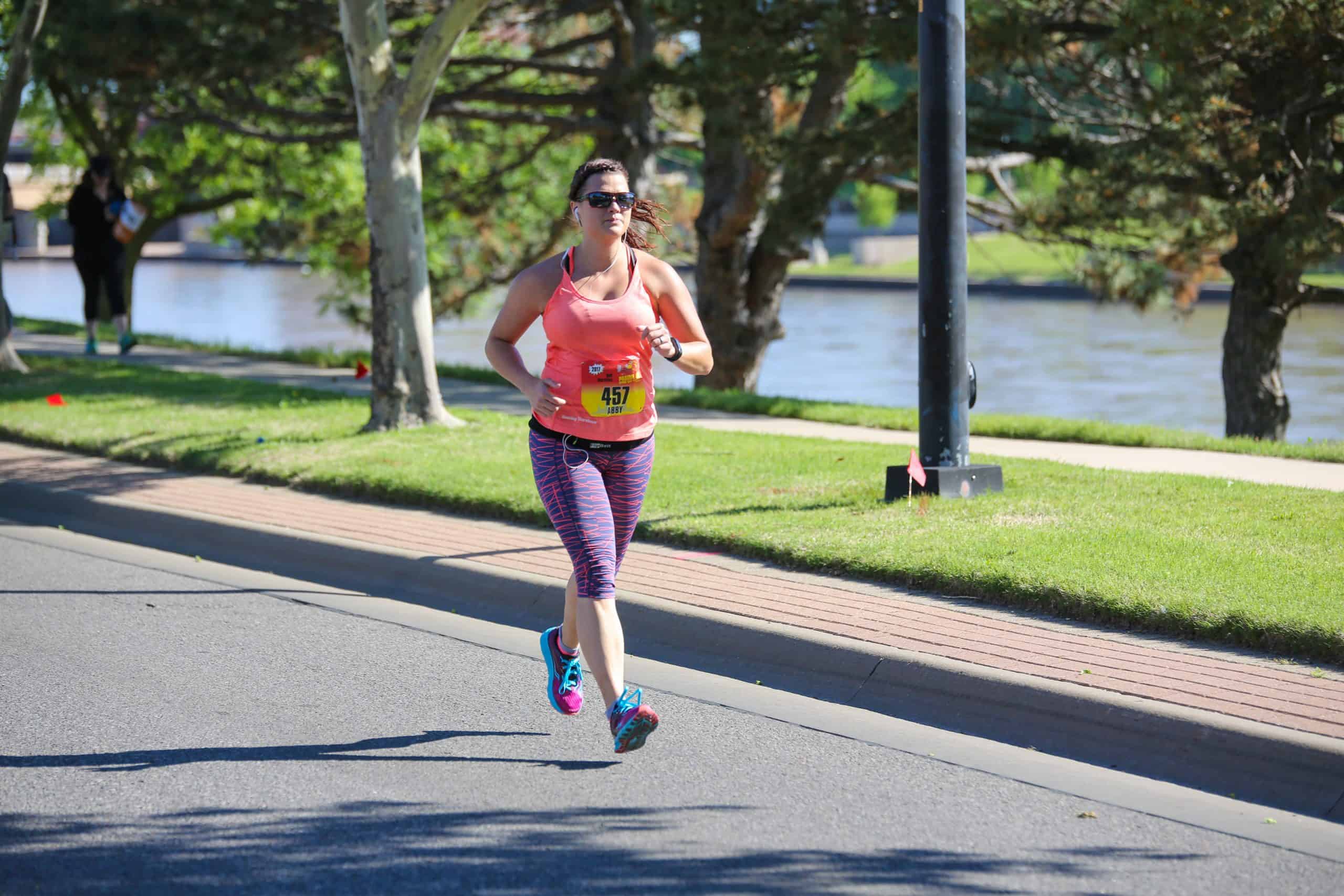
Dr. Abby Siler, PT, DPT is a Physical Therapist with 10 years of experience in a variety of settings. She has spent the majority of her time treating athletes in orthopedic clinics and worker’s compensation cases. She is a runner herself for the past 15 years and a lifelong athlete. Dr. Abby loves to teach runners how to stay injury free and out of her clinic.



